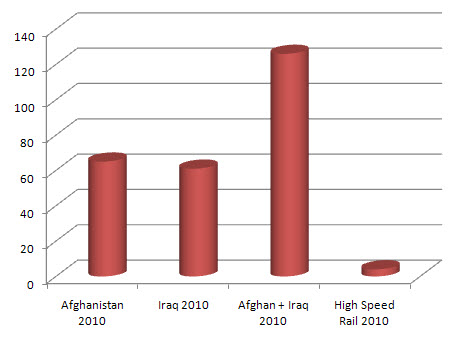Payday loan opponents struggle to get a fair hearing
Payday loans are high-interest short-term unsecured small loans that borrowers promise to repay out of their next paycheck, typically two weeks later. Interest rates are typically 300% to 500% per annum, many multiples higher than the exorbitant rates charged by banks on their credit cards. A typical payday borrower takes out payday loans to pay utility bills, to buy a child’s birthday present or to pay for a car repair. Even though payday loans are dangerous financial products, they are nonetheless tempting to people who are financially stressed. The growth of payday lenders in the last decade has been mind-boggling. In many states there are more payday lenders than there are McDonald’s restaurants. In Missouri Payday lenders are even allowed to set up shops in nursing homes.
Missouri’s payday lenders are ferociously fighting a proposed new law that would put some sanity into a system that is often financially ruinous for the poor and working poor. Payday lenders claim that the caps of the proposed new law would put them out of business. Their argument is laughable and their legislative strategy is reprehensible.
Exhibit A is the strategy I witnessed Thursday night, February 18, 2010. On that night, Missouri State Senator Joe Keaveny and State Representative Mary Still jointly held a public hearing at the Carpenter Branch Library in the City of St. Louis City to discuss two identical bills (SB 811 and HB 1508) that would temper the excesses of the payday loan industry in Missouri. Instead of respecting free and open debate and discussion regarding these bills, payday lenders worked hard to shut down meaningful debate by intentionally packing the legislative hearing room with their employees, thereby guaranteeing that A) the presenters and media saw an audience that seemed to favor payday lenders and B) many concerned citizens were excluded from the meeting. As discussed further down in this post, payday lenders are also responsible for flooding the State Capitol with lobbyists and corrupting amounts of money. When I arrived at 7:00 pm, the scheduled starting time, I was refused entry to the meeting room. Instead, I was directed to join about 15 other concerned citizens who had been barred from the meeting room. There simply wasn’t room for us. But then who were those 100 people who had been allowed to attend the meeting? I eventually learned that almost all of them were employees of payday lenders; their employers had arranged for them to pack the room by arriving en masse at 6 pm.
Many of the people excluded from the meeting were eventually allowed to trickle into the meeting, but only as
When I arrived at 7:00 pm, the scheduled starting time, I was refused entry to the meeting room. Instead, I was directed to join about 15 other concerned citizens who had been barred from the meeting room. There simply wasn’t room for us. But then who were those 100 people who had been allowed to attend the meeting? I eventually learned that almost all of them were employees of payday lenders; their employers had arranged for them to pack the room by arriving en masse at 6 pm.
Many of the people excluded from the meeting were eventually allowed to trickle into the meeting, but only as other people trickled out. I was finally allowed into the meeting at 8 pm, which allowed me to catch the final 30 minutes. In the photo below, almost all of the people plopped into the chairs were payday lender employees (the people standing in the back were concerned citizens). This shameful tactic of filling up the meeting room with biased employees has certainly been used before.
other people trickled out. I was finally allowed into the meeting at 8 pm, which allowed me to catch the final 30 minutes. In the photo below, almost all of the people plopped into the chairs were payday lender employees (the people standing in the back were concerned citizens). This shameful tactic of filling up the meeting room with biased employees has certainly been used before.

